The vibrant comeback of Jabbarer Boli Khela
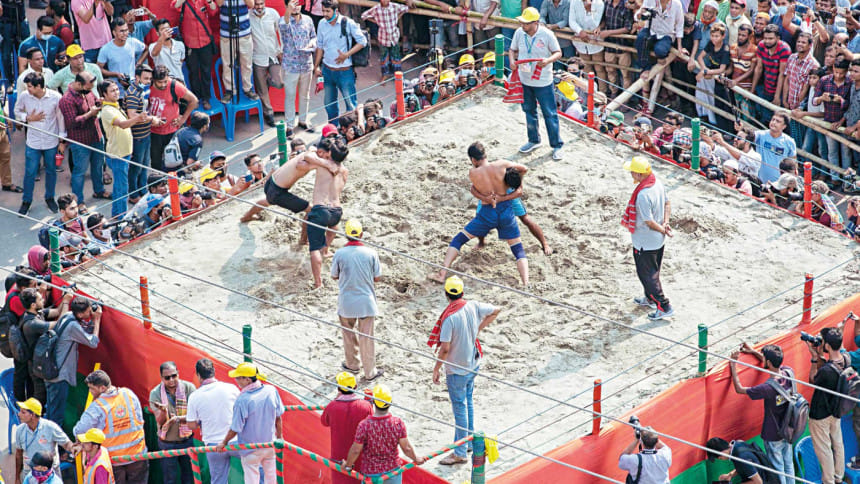
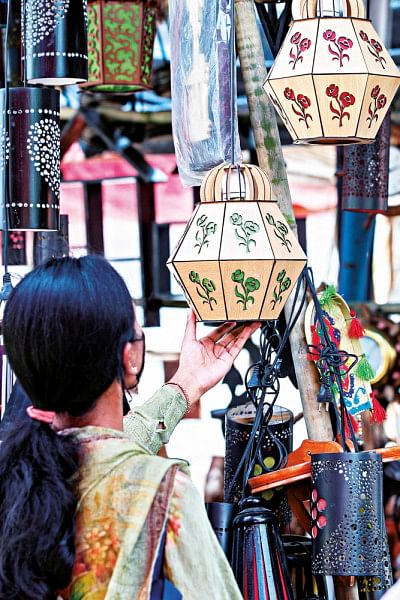
Chattogram City Corporation (CCC) Mayor Rejaul Karim then took the initiative as per which the final competition took place on a makeshift stage on the road beside Laldighi Maidan on due time, Baishakh 12 or April 25.
Baishakhi celebrations for Chattogram residents are considered incomplete without this wrestling competition at Laldighi Maidan, followed by a Baishakhi fair that lasts for a few days.
"Boli", a word belonging to the local dialect, translates to strong. There are debates surrounding the exact origin of this sport. However, an integral part of the traditional folk culture of the area, the history of Abdul Jabbar-er Boli Khela is a known one and goes way back.
INCEPTION STORY
It all began in 1909 when Abdul Jabbar Shawdagar, a local rich merchant of Bakshirhat and resident of the port city's Badarpoti, introduced the competition. The initiative stemmed not only from his passion for the sport but also an intention purely patriotic in nature. It was a time marked by the oppression of the British colonial rulers, and the people's determination to resist.
According to poet and journalist Abul Momen, Jabbar's idea was to motivate local youths to engage in the resistance movement against the imperialists and make them physically fit for the struggle.
"He also arranged the Baishakhi fair to create more scopes for local artisans to display and sell their goods. He was a patron of both the causes from a patriotic point of view," said Momen.
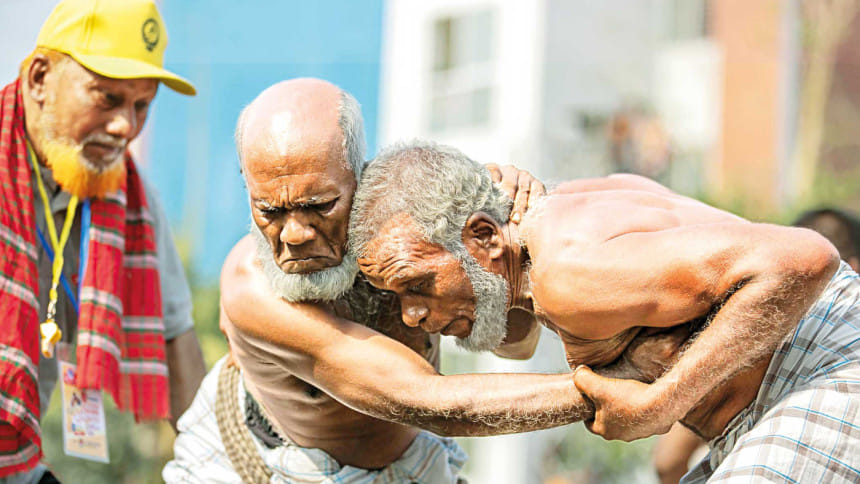
PRESENT-DAY SCENE
This year, the fair had its 113th edition. Traditionally held for five days, this year it stays for three. Apart from the main attraction which is the Boli Khela, residents across the city and nearby upazilas wait all year long for the fair to buy different hand-crafted goods for their households every year.
The fair usually begins a day before the competition in Laldighi Maidan and expands around a one-kilometre area surrounding the competition venue -- stretching from Kotawali Moor to Anderkillah intersection.
Artisans, craftsmen, potters, blacksmiths and other vendors from across the country, set up their stalls on the sides of the road.
"When I used to visit the fair with my father as a little girl from our village in Patiya, the crowd used to be so massive that we could not even walk properly. We would stop and the crowd would make us move automatically," said 69-year-old Malati Barua.
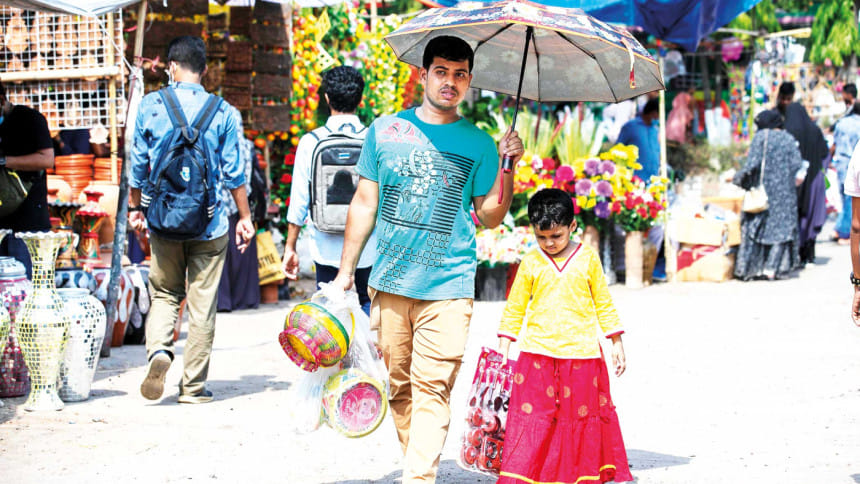
Seventy-year-old Abdul Kader Molla, a trader of bamboo-made goods from Narsingdi, has been participating in the fair since 1970. The fair also enabled him to make life-altering decisions, such as moving to the port city and starting a permanent business some 25 years ago. This year, he brought different types of bamboo-made utensils like kula (winnowing fan), chalni (sieve), jhuri (basket) and dala (tray) etc.
Ripon Paul, a potter from Patuakhali, said his entire family of potters only attend this fair. Nurul Islam, from the capital's Shanir Akhra, first came to the Boli Khela fair in 2019, along with his mother who sold bangles and other ornaments.
The two were found busy selling their items in two stalls on the footpath beside the Maidan. This year, they invested around Tk 50,000 and hoped to make a profit.
The fair has something for all. Selina Akhter, a house help, came from the port city's Kathgar area to buy haat-pakha made of taalpata (leaves of palm tree).
"I wait for the fair all year long as I can get utensils at a much cheaper rate from here. I hope nothing disrupts our normal life and such festivals in future," she said.

 For all latest news, follow The Daily Star's Google News channel.
For all latest news, follow The Daily Star's Google News channel. 


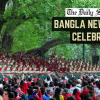
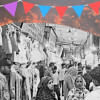
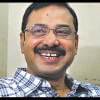

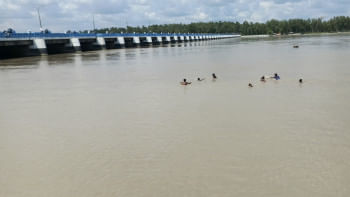
Comments